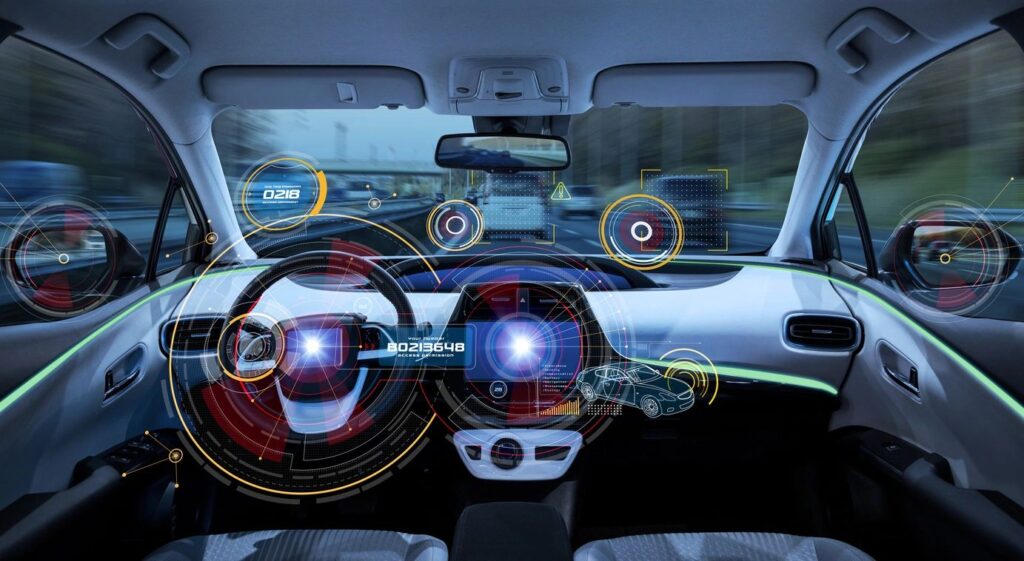Technology advancements have transformed how we approach senior care, offering new tools and solutions to improve the quality of life for older adults. From innovative devices to specialized software, technology has enabled caregivers to provide seniors with more personalized and efficient care. In this article, we will explore the impact of technology on senior care, the latest innovations in senior care technology, and the benefits of implementing technology in senior care.
The Impact of Technology on Senior Care
Technology has significantly impacted senior care by enhancing communication, monitoring health, and providing access to vital resources. Communication technologies such as video calling and messaging apps have made it easier for seniors to stay connected with their loved ones, reducing feelings of isolation and loneliness. Health monitoring devices like smartwatches and wearable sensors allow caregivers to track vital signs and detect any changes in health in real time, enabling early intervention and personalized care plans.
In addition, technology has revolutionized the way seniors access healthcare services, with telemedicine platforms allowing for remote consultations and monitoring. This has improved access to care for seniors in rural or underserved areas and reduced the need for frequent hospital visits. Furthermore, assistive technologies such as smart home devices and medication reminders have made it easier for seniors to maintain independence and manage their daily routines effectively.
Innovations in Senior Care Technology
The rapid pace of technological advancement has led to many innovative solutions specifically designed to meet the needs of seniors. Robotic companions, for example, have been developed to provide companionship and assistance to seniors, helping with tasks such as medication reminders, household chores, and even mobility support. Virtual reality (VR) technology is used to improve cognitive functions and memory in older adults, offering interactive experiences promoting mental stimulation and engagement.
Furthermore, artificial intelligence (AI) and machine learning algorithms are being used to analyze vast amounts of data to predict health outcomes and identify trends in senior care. This can help caregivers make informed decisions and develop personalized care plans tailored to each senior’s individual needs. Other innovations, such as remote monitoring systems and fall detection devices, are also proving invaluable tools in ensuring the safety and well-being of seniors in care facilities.
Benefits of Implementing Technology in Senior Care
The implementation of technology in senior care has brought about numerous benefits for both seniors and caregivers alike. One of the primary advantages is increased efficiency in care delivery, with automated systems and digital platforms streamlining administrative tasks and allowing caregivers to focus more on providing direct care to seniors. Technology has also improved communication between caregivers, healthcare providers, and family members, facilitating better care coordination and ensuring all stakeholders are informed about the senior’s well-being.
Moreover, technology has enhanced the quality of life for seniors by promoting independence, socialization, and mental stimulation. Smart home devices and assistive technologies have enabled seniors to remain in their homes longer, reducing the need for institutionalized care. Virtual reality experiences and cognitive training programs have been shown to improve cognitive function and reduce the risk of cognitive decline in older adults. Integrating technology in senior care has led to a more personalized and holistic approach to caring for the aging population.
As technology continues to evolve, the possibilities for advancing senior care are endless. From robotic companions to AI-powered healthcare platforms, the future of senior care looks promising with the integration of innovative technologies. By embracing these advancements and leveraging their benefits, caregivers can ensure seniors receive the highest quality of care possible, enabling them to age with dignity and independence. Let us continue to explore and implement new technologies in senior care to create a brighter future for our aging population.
